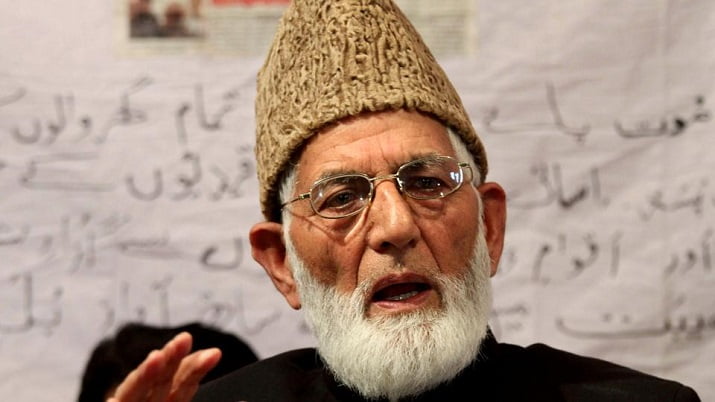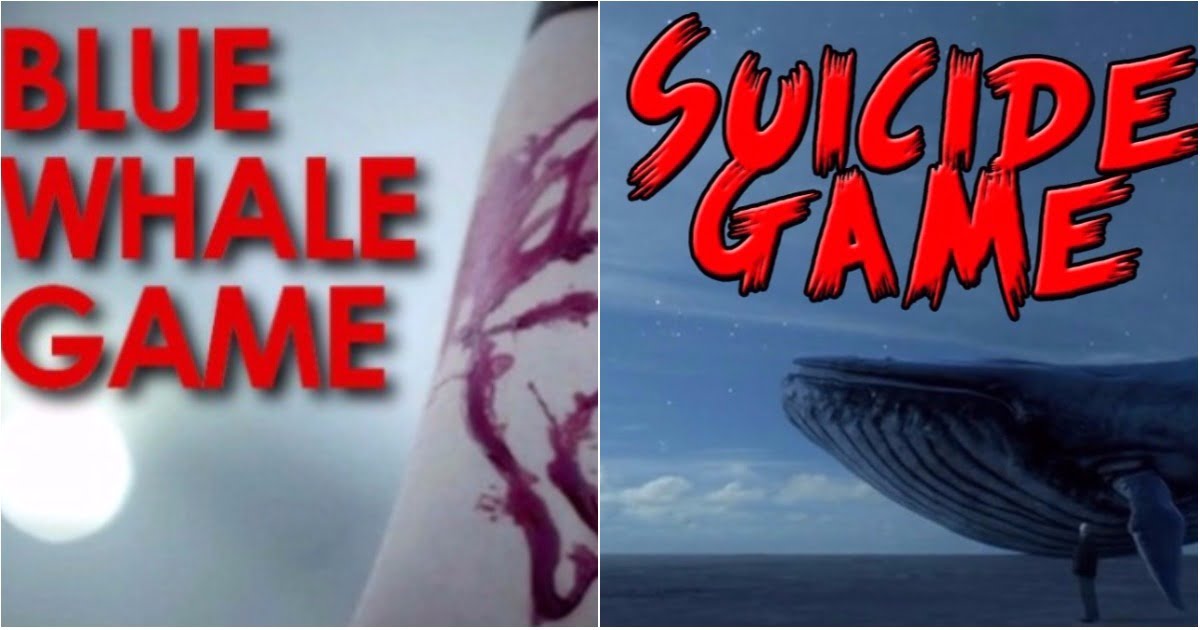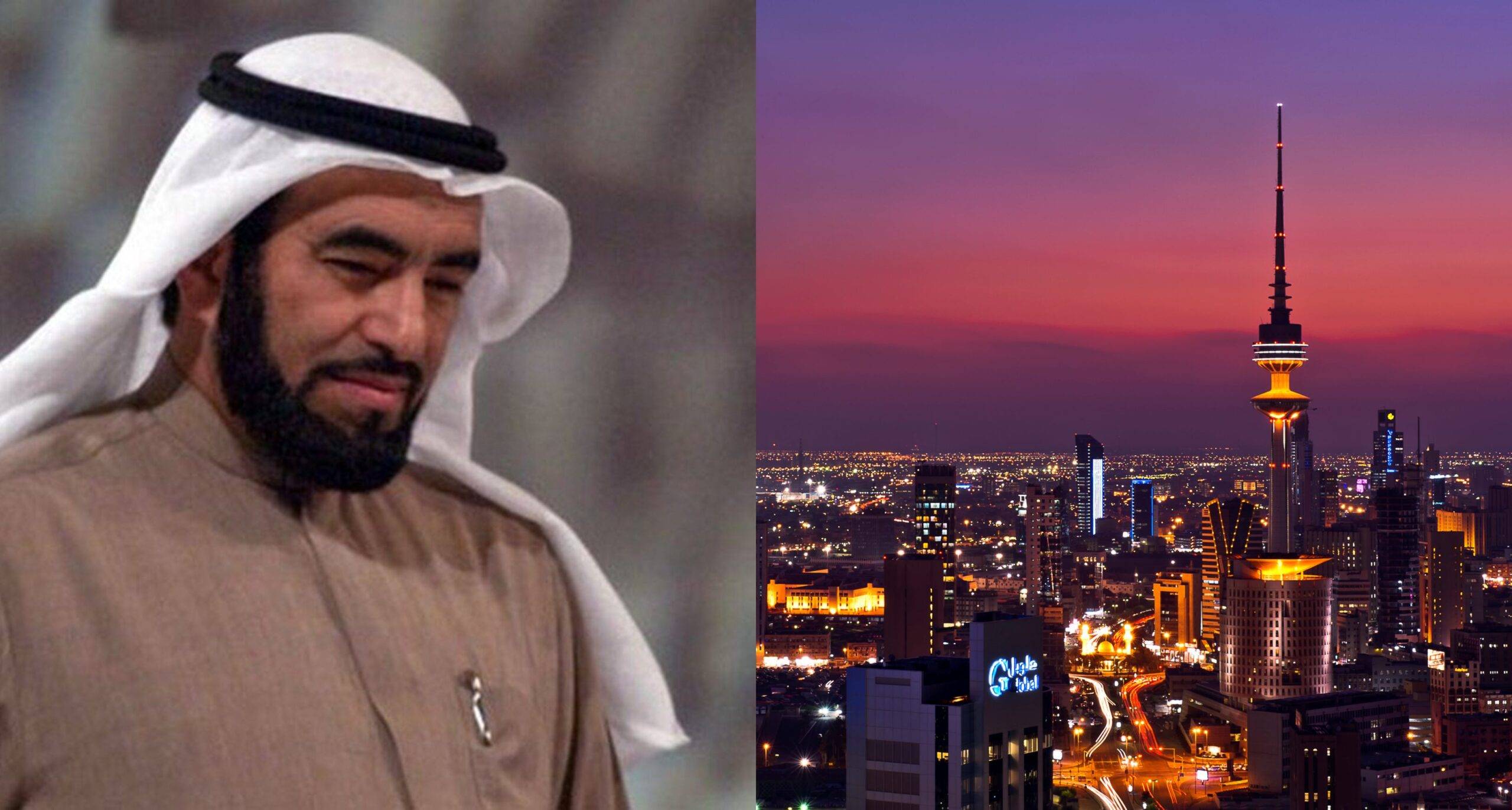Syed Ali Shah Geelan, leader and pioneer of the resistance movement against Indian occupation, died at the age of 92 on September 1.
According to his family statement, Geelani, who died while under house arrest, breathed his last after being ill for quite some time.
For years Geelani steadfastly resisted the Indian occupation through the secessionist umbrella alliance he led called the Hurriyat Conference. They used clever tactics against the occupation by means of civil disobedience in the form of shutdowns and mass protests.
Indian authorities were seen nervous following his death. They cut off the internet throughout the Kashmir valley to avoid protests after news of his death began to spread. Armed troops were also seen beefing up and patrolling around his house, main roads, and manned checkpoints.
His son said police forcibly took Geelani’s body at 3 am to be buried in a quiet funeral organized by Indian authorities under strict restrictions, and his family was only allowed to visit his grave at 10 am local time.
Geelani has been fighting India since the early 1960s when he began campaigning that Kashmir should fall under Pakistan’s control.
This Kashmiri leader was imprisoned for almost 10 years after 1962 and was often restricted to his home after that.
Geelani and a group of separatists he led chose to walk out after others decided to have a dialogue with New Delhi in 2003. This marks the split of the Hurriyat Conference. He was widely known to be against all forms of dialogue with India.
Many leaders expressed their condolences for the passing of Geelani.
Pakistan Prime Minister Imran Khan tweeted on Thursday saying that he was deeply saddened to learn about Geelani’s death. He said that the Pakistan flag will fly at half-mast and Pakistan would observe an official day of mourning.
Last year, Pakistani President Dr. Arif Alwi conferred the Nishan-i-Pakistan, the country’s highest civil award, on Geelani in recognition of his decades-long struggle for Kashmir’s right to self-determination.
Subscribe to our channels on WhatsApp, Google News, Facebook and Instagram.Discover more from The Islamic Information
Subscribe to get the latest posts sent to your email.












